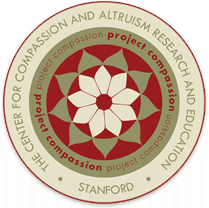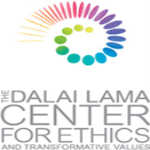
It is indeed a paradox that so many from what are considered developing countries wish to come to the West, where we have an epidemic of depression, isolation, and loneliness, while the U.S. alone consumes 25 percent of the world’s resources. However, it is often these “third-world” cultures that offer some of the most profound wisdom and insights that have been garnered over thousands of years, while our own history spans a few hundred years.
We have been blessed in the West with the persistence of a number of individuals who brought the teachings of mindfulness from the East and a number of scientists who, over the last 30 years, have empirically studied its effects. Many have experienced the profound effects of nonjudgmental reflection and the ability to more fully live in the present moment. By doing so, they have decreased their stress, become more efficient, and hopefully gained insight into attachment and delusion.
Mindfulness can have many benefits — especially in our modern society, where we are constantly deluged by information and distractions and are living at a pace far beyond what our evolution designed us for. While the mindful path has the amazing ability to result in transformation, this journey is one that is taken alone. It is also one that can be perilous, because without insight and wisdom, it can be in and of itself an isolating, self-absorbing, and narcissistic exercise.
To read the entire blog post, click here.
James R. Doty, MD
Latest posts by James R. Doty, MD (see all)
- Why Kindness Heals - January 26, 2016
- Real Magic - January 25, 2016
- Thinking About Thinking - January 25, 2016








